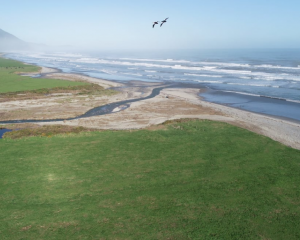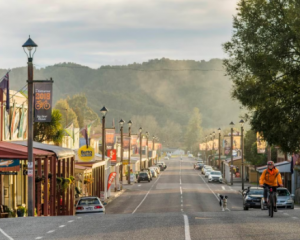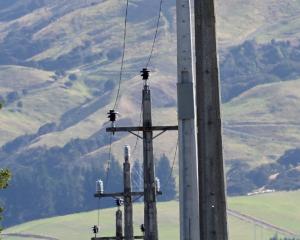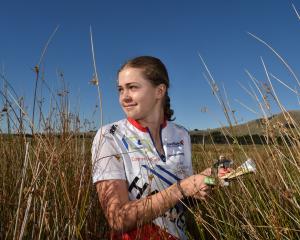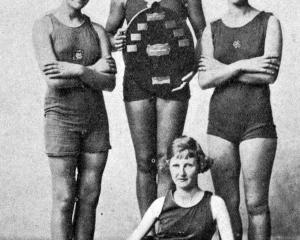
However, as the cliché says, the hard work starts now, although she has the luxury of inheriting the co-leadership role vacated by James Shaw at a propitious time.
The Greens have a record number of MPs in Parliament so Ms Swarbrick and co-leader Marama Davidson have a caucus to delegate to rather than having to take the lead on all things themselves — not something every Green leadership team has been able to do.
They are also in Opposition, a role which should play better to Ms Swarbrick’s strengths as a feisty activist than her being tied down with a couple of portfolios outside Cabinet.
And while Ms Swarbrick’s leadership skills are untested there are few who would deny she has excellent political skills. Agree with her or not, she is able to argue her case clearly and expressively, an ability which has enabled her to figure in the lower echelons of the preferred prime minister polls already.
Some have suggested that the rise of Ms Swarbrick will mean that the Greens, who have long tried to maintain a balance between environmentalism and social activism, will head further down the latter path.

And while she attained some notoriety for her aside of "OK Boomer" to former National leader Todd Muller, less well recognised is the fact that Ms Swarbrick dug that elbow in during a speech on the Zero Carbon Act.
James Shaw was in charge of passing and implementing that legislation, and a testament to his ability to find compromise and consensus is that the framework he designed has thus far not been tampered with by the new government, despite some parties in the coalition being sceptical about it at the time.
Ms Swarbrick is definitely more feisty than the urbane Mr Shaw, but that is not to say that she cannot build bridges. In her first term she achieved unanimous support for a member’s Bill, originally in the name of Mojo Mathers, to assist disabled candidates to stand for Parliament, and she also secured cross-party support for an inquiry into student accommodation.
She has also won an electorate seat, and then held it — a not inconsiderable feat and one which in the case of a Green candidate requires that they impress people who plan on casting their party vote elsewhere. The Greens polled third and then second in party votes in Auckland Central in the 2020 and 2023 elections, even as Ms Swarbrick first won the seat, and then held it with an increased majority.
Ms Swarbrick may only be 29, but she is the veteran of three terms in Parliament. She is entirely confident in what can be an unforgiving environment, and she understands the personalities and processes of the institution: in many ways she is the most-prepared co-leader the Greens have ever had.
That is not to say that there will not be upsets and alarms. Ms Swarbrick is passionate and not inclined to filter her opinions, traits which can attract unwanted headlines.
But on the other hand, they are also the very things which appealed to the Green Party members who voted for her. They crave robust advocacy and will not be in the slightest bit dismayed if Ms Swarbrick ruffles some feathers, as she seems likely to do.
Yes, things will be different under a Davidson-Swarbrick Greens co-leadership. But it would come as no surprise if Ms Swarbrick ended up following more in the footsteps of Mr Shaw than anyone expected.

